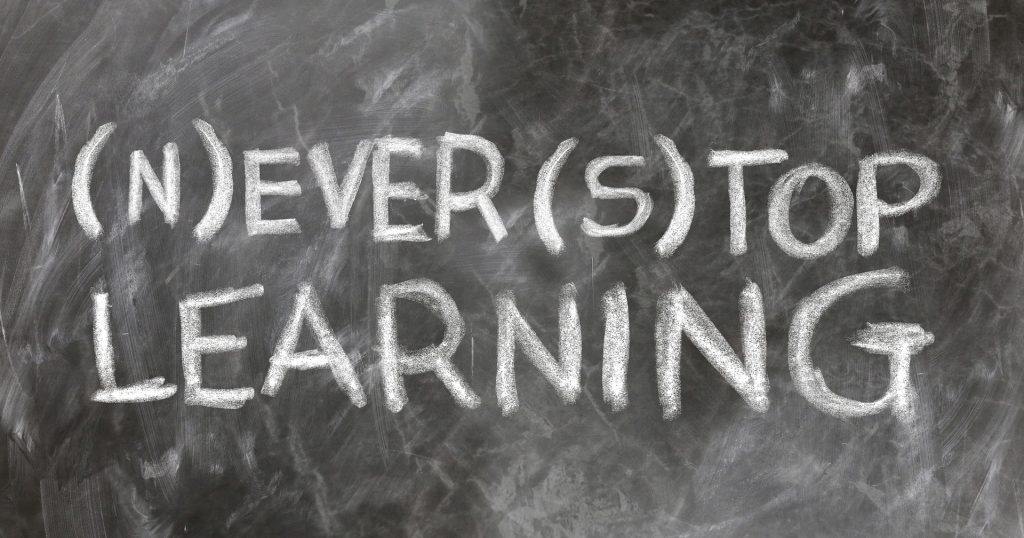We are moving into the fourth industrial revolution. The criteria employers use to recruit the right people is changing. Globally, thousands of graduates find themselves in careers which bears more soft skills than their academic qualifications. It goes without saying that the courses learners take less seriously in school play a huge role in shaping their professions later on.
Students tend to fix their minds on only one course which they are pursuing. For instance, students in Science Technology Engineering and Mathematics (STEM) courses are less likely to take an interest in arts perhaps assuming these courses degrades their tough sciences. Similarly, students in Arts and Social Sciences are likely to develop a bad attitude towards some of the units in their courses which involves Mathematics. They don’t see how they are going to apply them in their careers.
Please note the changing world favours these units which some students consider a waste of time in school; especially the soft skills. Here are five soft skills to help you prepare for the fourth industrial revolution, keep you ahead of the pack and help you transit from school to work environment.
Efficient communication involves everything from writing, speaking, listening and negotiating. To land their dream job, graduates obviously have to communicate their qualifications well. After getting the job, there will be some work which might involve writing and sending dozens of emails. The changing technology has a massive impact on communication. Younger people, including graduates, prefer quick texting on WhatsApp and Snapchat compared to writing long emails or having a long phone conversation. Taking an extra course to boost your writing and public speaking skills will help you succeed in the workplace.
2. Leadership
Leadership involves directing teams in the right direction and making decisions on where much efforts should be focused on. Leadership has lots of responsibilities. When you show you have leadership skills, potential employers will know you are emotionally intelligent, you can manage talents, and you can delegate tasks. Please note having a team under you is not leadership. When you are showcasing this rare skill, show the impact you had on your team or your influence on the outcome of the task at hand. Taking a role in a students’ society, a sports club or volunteering with children are some of the ways to develop your leadership skills.
3. Teamwork
Teamwork is inevitable in any serious organization. Employers prioritize this skill on their lists. Teamwork is about corporation and influence- whether you can inspire others to do their very best to achieve a common goal. Being active in sports clubs, student committees and community work is an excellent place to build this skill.
Showing up for a job interview with fixed skills in our area of training will not do us, graduates, any good. Having the qualifications and having the skills are different concepts. Therefore, before we frown why we have units in HIV/AIDS when we are doing Business Management course, let’s consider the skill we are acquiring in this: learning how to learn, and in this case, what we lest like. It shapes our attitude and adaptability in the constantly changing work environment. No knowledge is ever wasted.
For more articles, visit OD Blog.


